Integrated Water Resources management is a process which promotes the coordinated development and management of water. Water, climate and development Program (WACDEP) is implemented in the Bugesera project in promoting water security and climate resilience in the region- by Diane Uwimana
Bugesera region is shared by Rwanda and Burundi which face persistent drought by climatic changes resulting from unfriendly human practices—over-cultivation, deforestation and unregulated livestock farming methods. Lake Cohoha is serving Bugesera people for drinking and cooking water for both countries. Hagerimana Vestine, 15, met near Lake Cohoha coming from there to fetch water from the lake, indicates that the lake plays a big role in their region. “This water is used for cooking, but thanks to new tap water installed here, we draw pure drinking water,” thanks Hagerimana. She recognizes that people should, in return, play the role of protecting the Lake. “We draw water from the lake, but it is our must to protect it,” says the young girl.
In addition, WACDEP project has been created to support the integration of water and climate adaptation into the development planning processes and the design of financing and investment strategies.In fact, water is the main medium through which people ecosystems and economies will experience the impacts of climate change. For bridging the gap, it is worth respecting the buffer zone for both countries. On the side of Rwanda, the buffer zone is respected to 50m. There are already trees which have been planted to protect the Lake. It is also recommended to everyone not to run any activity in the area. However, during the visit at Lake Cohoha, there were cows which were there for water supply.
“Those cows ran away and have come here for searching for water to drink as it is very hot”, says Ntambara Patrick, the shepherd boy. He indicates that it is forbidden to bring cows in the buffer zone because he knows the importance of the Lake. “Not only, do we use it for drinking, there are also fish which complete our nutrition”, thanks Ntambara.
“Working together to protect Bugesera region”
Lake Cohoha is extended to 508 km2: 369 km2 in Burundi and 139 km2 in Rwanda. The lake is like a river of 27km long and 2.5km wide. It branches up to 9km long. It is separated by broadband swamps from the Kanyaru River.
According to Muyengeza Jean De Dieu, the Executive Officer of Kamabuye sector in Bugesera District, in Rwanda, respecting the buffer zone will allow to increase harvest. It plays a big role to both countries.“Before respecting the buffer zone at 50m, there were always waterless cases, drought and starvation. Today, thanks to the integrated water resources management, Bugesera people can have what to store in the granary”, points out Muyengeza.
It is worth noticing that the situation is not similar to the Burundian side. The buffer zone is limited to 20m whereas the other 30m serve for crops and vegetables. “The land acquisition is a big problem to our side; it is difficult to take 50m from each citizen. We wouldn’t be able to pay compensation fees at all,” highlights Reverien Nzigamasabo, Kirundo Province Governor. He mentions that step by step, people at Kirundo are going to be aware of the importance of protecting Bugesera region. “There are many activities which will be implemented by WACDEP (in Bugabira and Busoni Communes) and Bugesera project to protect the region,” thanks the Governor. According to him, the lack of accompanying measures remains the only issue to face the challenge. “Preparing and sensitizing people about what should be done may help them leave the buffer zone peacefully”, points out Nzigamasabo.
“Media and communication officers are needed”
From 21st to 22nd August, more than 30 media practitioners and communication officers from Rwanda and Burundi were trained in making Bugesera region more climate resilient and water secure at Bugesera District in Rwanda.“Training is a line with increasing awareness about water and climate change issues in Bugesera, strengthening partnership with the media and communication practitioners,” says Patrick Safari the GWP Eastern Africa’s Regional Coordinator. He adds that interacting with the news media and communication practitioners is one of the strategies to raise capacity, interest and getting message delivered to some of our target audience. “With the news media on our side, it is possible that Bugesera region becomes water secure and climate resilient,” mentions Safari Patrick.
Julias Rukundo, the Vice Mayor of Bugesera District indicates that press and media play a major role to contribute in the climate resilience. “If we don’t talk about climate change, we won’t help anything to our people,” deplores the Vice Mayor. He notices that Bugesera people are conservative. Their behaviour and mentality are traditional. He suggests it is time we changed our mind according to the climate change. “Those people are not fully informed about what is happening because they are not told sufficiently about the change. Then, communication practitioners and officers may inform them very well to maintain a positive action”, points out Julias Rukundo.
“Climate change, a big challenge to both countries’ sectors”
According to Willy Mugenzi, the Communication Officer in Global Water Partnership of Eastern Africa GWPEA, climate change may disrupt development. “Not only does climate change affect the environment (land, water, air, ecosystems) but also, it disables economy (wealth, trade,) and society (basic livelihood population),” clarifies Mugenzi. He mentions that WACDEP wants to move to those people who are not aware enough about climate change to get them informed and thereafter, change their attitude and behaviour for maintaining water security.
“All of us have contributed in causing climate change problems due to our actions. Therefore, it requires our active participation to face the challenge”, says Callist Tindimugaya, a Ugandan Trainer.The same thought is shared by Remy Ndayishimiye, the spokesperson in the Ministry in Charge of Environment in Burundi. He says that press and media play a big role to increase people’s awareness. The two- day training taken place at Palast Rock Hotel, Busegera District, at Eastern Province in Rwanda, aims at equipping communication and media practitioners from the two countries with requisite skills and techniques of making Bugesera region more climates resilient, adaptive and water secure.
Initially, WACDEP is being implemented in eight countries namely Ghana, Burkina Faso, Mozambique, Zimbabwe, Burundi, Rwanda and Tunisia as well as in four river basins which are Volta Basin, Lake Chad, Lake Victoria-Kagera, and Limpopo Basin.

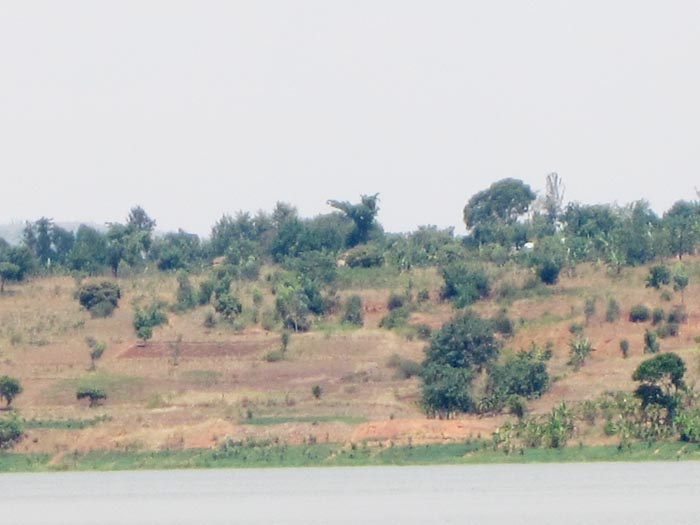
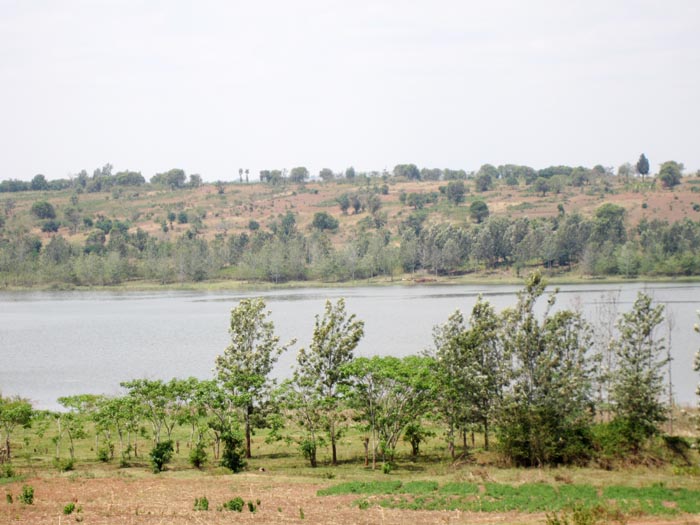

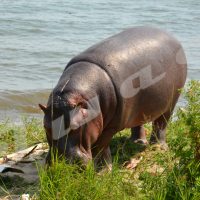
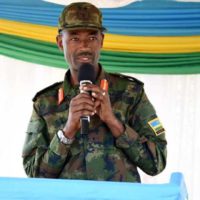
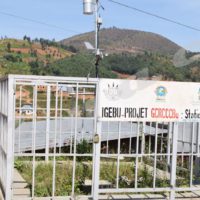
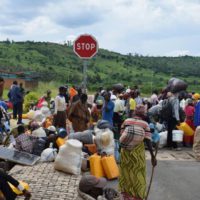
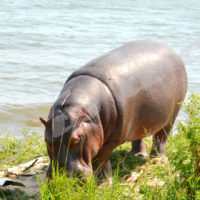













 IWACU Open Data
IWACU Open Data

